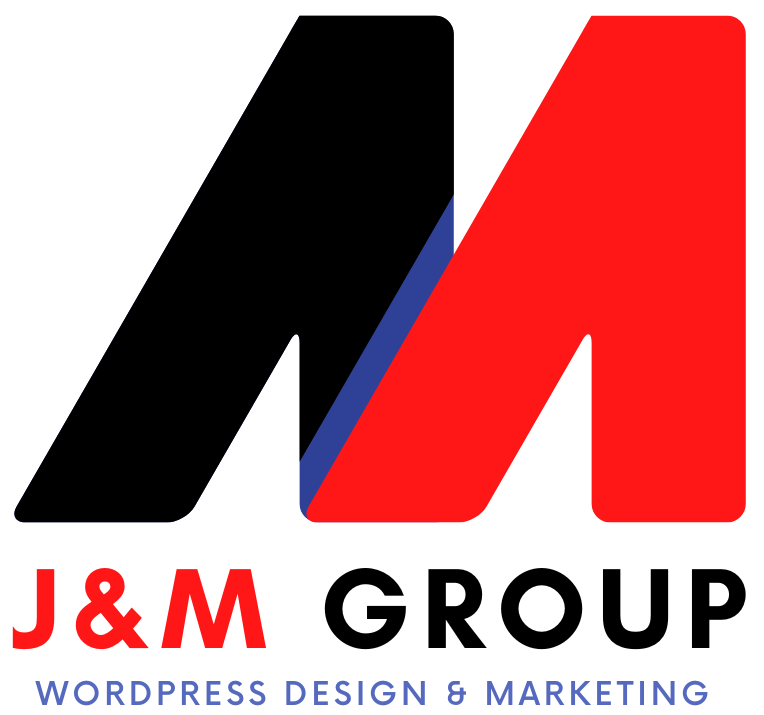
So you’re considering handling the upkeep of your website all by yourself? That’s wonderful, even brave. For DIY WordPress maintenance, you need to know those tasks that ensure your website investment provides a healthy ROI.
Start with regular backups! But you do need to know those things required to ensure your website investment continues to provide a return.
Here are the things that need to be monitored 24/7, daily, weekly and monthly.
24/7 Monitoring
Tasks in this category can be critical to your website’s health. Failure to fix these issues could lead to costly repairs or lost visitors and sales.
Choosing a good host is crucial. But no matter who you choose, your website could still go down from time to time.
You can use a service like Uptime Robot which will check your website (up to every 5 minutes on the free plan, or every minute on a paid plan) to make sure it is online.
Good SECURITY Saves Websites
You need to have suitable security protection on your WordPress website. To get started with a free installation, you can install a plugin such as
WordFence or iThemes Security. These both have quick start guides to help you get setup.
The most important effort you can make for the health of your website is to keep regular backups in place. You will want to have daily backups of your website.
If your website is hacked, gets a virus, or a software update causes an issue, you can restore a backup copy of your website and having things working again in no time.
Your host may provide daily backups for you, which is great but they aren’t always reliable. It is always smart to have two forms of backup.

Weekly Tasks
While it can be annoying to take these tasks on each week (as they are less automated), skipping them can lead to bigger headaches.
Plugin Updates
Just like any piece of software, third party plugins are regularly updated for both functionality and security purposes. It’s important (especially for security reasons) to keep your plugins updated.
Just like any piece of software, your website can be vulnerable to website hackers or viruses that seek to use your resources for their own benefit. This can often be things like redirecting your traffic to their site, placing ads on your site, or even infecting visitors with a virus if they visit your site.
Check For Plugin Redundancies
Another tip I have for you is less about protecting your site but more about making sure that everything is cleaned up and running smoothly. It’s so easy to jump into your site and add multiple plugins that do the same thing.
To avoid ending up with 30 plugins and half of them being duplicates, I recommend taking a look over what you have installed and what you’re actually using every couple of months.
SSL Certificate
An SSL Certificate is crucial for your website visitors security as well as your rankings. This means if your website doesn’t have an SSL certificate, Google will display a ‘Not Secure’ in the URL bar.
The SSL ensures that the information transmitted over your website (like customer details from a form, payment information, or login information) is encrypted.
While these certificates are free (from Let’s Encrypt or from your website host), they do have to be renewed often and updates to your website could affect their validity.
What Happens to A WordPress Site if You Don’t Maintain It?
Don’t Leave BACKUPS To Chance
These are mission critical! To ensure the health of your website you need to keep regular backups in place. You’ll want to have daily backups of your website (though some sites with lots of traffic, or eCommerce stores will want to do this more frequently).
If your website is hacked, gets a virus, or a software update causes an issue,
you can restore a backup copy of your website and having things working again in no time.
Your host may provide daily backups for you, which is great, but they aren’t always reliable. In fact, I don’t recommend having one form of backup no matter what it is.
Check out our WordPress Maintenance Service and comprehensive plans. Services include automated monthly security scans, daily security monitoring, plugin & theme updates, secure cloud backups, client reports, free SSL certificates, and SEO ranking.

